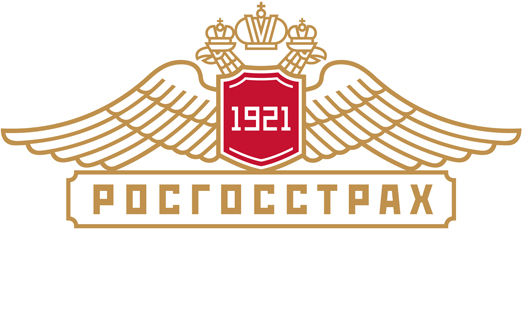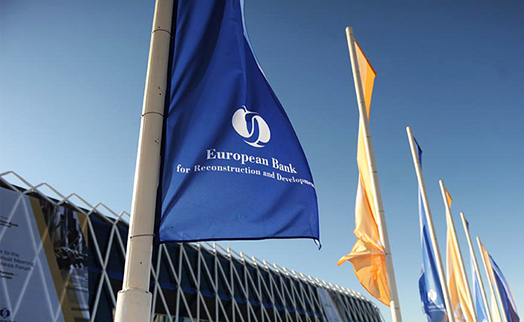YEREVAN, August 5, /ARKA/. In Armenia the tuition fees range from USD840-1,680 per annum, according to Foundations for the Future, the latest report in The Value of Education series from HSBC. This is relatively low compared to the global average which is USD9,100 for the 15 countries surveyed by HSBC. In terms of university fees, Armenia compares with India ($581), Mexico ($750) and Turkey ($1,276).
The majority (60%) of parents around the world would be willing to go into debt to fund their child’s university or college education, according to Foundations for the future, the latest report in The Value of Education series from HSBC.
Based on a survey of over 6,200 parents in 15 countries, the report reveals that the main responsibility for funding children’s university education lies with parents: 84% contribute towards the cost. Nearly 31% of parents with a child yet to go to university expect that their child will shoulder some of the cost of their own university education. However, only 13% of students now at university contribute towards their funding.
The amount parents spend each year towards their child’s university education on average is USD7,631. However, 27% of parents globally do not know how much they spend on their child’s university education each year and 78% of parents are primarily funding their child’s education from day-to-day income.
While over the last five years, the number of students in higher education institutions has decreased by 28%, international students seem to becoming more interested in getting their degrees in Armenia. The total number of international students studying in Armenia was 3,647 in 2014 which is a 10% increase over 2010. The top 5 countries for international students in Armenia are Russia (29%), Georgia (25%), India (23%) and Iran, Syria 6% each respectively.
Paying for their child’s education is ranked by 49% of parents as more important than contributing to their own retirement savings. 30% of parents rate funding their child’s education as more important than paying their mortgage/rent or household bills (31%). If they had to cut back on their financial outgoings, 32% of parents globally would be least likely to sacrifice paying for their child’s education.
Armenian parents who do not currently have enough savings to fund their child’s education, have various options including sourcing it either from their day-to-day income sacrificing expenses for their wellbeing, vacation or nice-to-haves, or going into debt. Several Armenian banks offer student loans as a product. Additionally, to help parents with alternative source of funding, in 2013 the Armenian government also launched a student loan programme on special terms. Looking at the dynamics of the last five years student loan portfolio has seen a regular but slight increase and stands at $8.2mln as of May 2016, with more parents starting to give preference to local currency loans.
Commenting on the findings, Paul Edgar, Chief Executive Officer (designate) HSBC Bank Armenia cjsc said: “The financial sacrifices that parents are willing to make to fund their children’s education are proof of the support they will give to help them to achieve their ambitions. However, parents need to have a financial plan to meet their family’s overall needs. This plan requires regular review, to better support their children’s studies, while optimizing their own long-term financial goals.”
The Value of Education Foundations for the future report was published in June 2016 and represents the views of 6,241 parents in 15 countries and territories around the world: Australia, Canada, China, Egypt, France, Hong Kong, India, Indonesia, Malaysia, Mexico, Singapore, Taiwan, United Arab Emirates, United Kingdom and United States. The findings are based on a survey of parents from a nationally representative sample in each country who have at least one child aged 23 or younger currently (or soon to be) in education. Over 350 parents (including 150 with a child at university or college) were surveyed in all countries. The research was conducted online by Ipsos MORI in February and March 2016, with interviews in Egypt conducted face-to-face.
HSBC Holdings plc, the parent company of the HSBC Group, is headquartered in London. The Group serves customers worldwide from around 6,000 offices in 71 countries and territories in Europe, Asia, North and Latin America, and the Middle East and North Africa. With assets of 2,608 at 30 June 2016, HSBC is one of the world’s largest banking and financial services organizations.
HSBC Bank Armenia cjsc was established as a closed joint stock company under the name Midland Armenia Bank J.S.C. in 1996 and was renamed HSBC Bank Armenia cjsc in 1999. The bank is a joint venture between the HSBC Group, which has 70 per cent ownership, and members of overseas Armenian businesses with 30 per cent ownership. HSBC Armenia serves around 33,000 customers through nine offices located in Yerevan and around 400 employees. The bank has assets of AMD238.8 billion as of 30 June 2016 and is one of the leading banks in the foreign exchange market in Armenia. -0-








